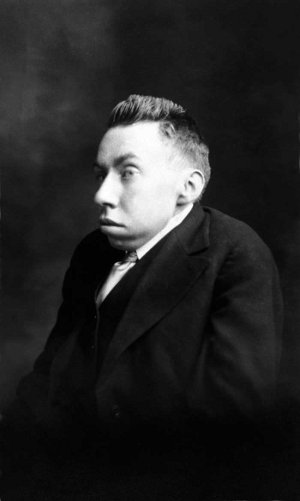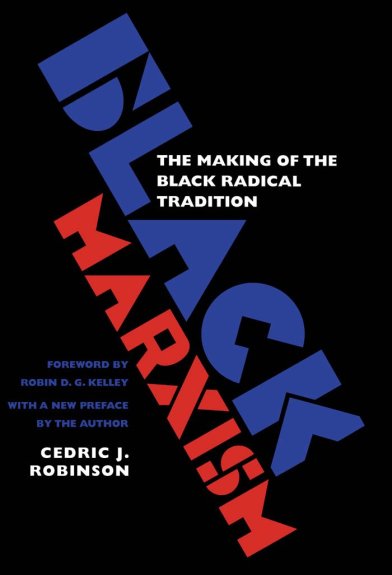
[CN: colonialism, anti-black racism, white supremacy]
The more i think about the so-called New Atheists the less i think of them. It’s not just the mean-spirited inanity of attacking all systems of belief while knuckling down to the altar of Dr. Dawkins, or promoting the same racist imperialism as the religious right — a secular crusade — the hypocrisy is even broader. The secular modern world chucked off religion and took on another belief system that is no less arbitrary; yet part of its appeal is that we take it as nonreligious. Whether it’s theology or economics or scientific racism, the fundamental desire is the same: for a definition of human, an ordering system for reality’s chaos, and a knowledge to safeguard against the inferior stock.
Sylvia Wynter’s breathtaking essay “1492: A New World View” opens with a dualism. The Columbian Exchange set the germs for globalization and the interrelatedness of our current existence — that much is beyond doubt, but how should we feel about it? The white people of the rich global north call it a triumph, the indigenous of the world call it an atrocious nightmare that hasn’t ended. The former wants to carry on the torch and liberate the earth’s people from their respective stone ages and idolatries; the latter wants to bring and end to history. Wynter ends up suggesting that both positions, like the reality of globalization, are beyond dispute, that they are two sides of the Janus face that is the modern situation. And by her sharp prose and analytical horsepower this doesn’t come off as wishy-washy liberal humping; indeed liberal humanism is squarely in the cross-hairs.
In this piece Wynter offers a new kind of framework for confronting this violent history, one that tries to take the concerns of all of humanity into account. To do so she tells the story of two revolutions in the Western intellect, from Copernicus to Foucault, in 50 pages of dense critical language and a masterful handling of poetic images. It’s a hell of a journey.







